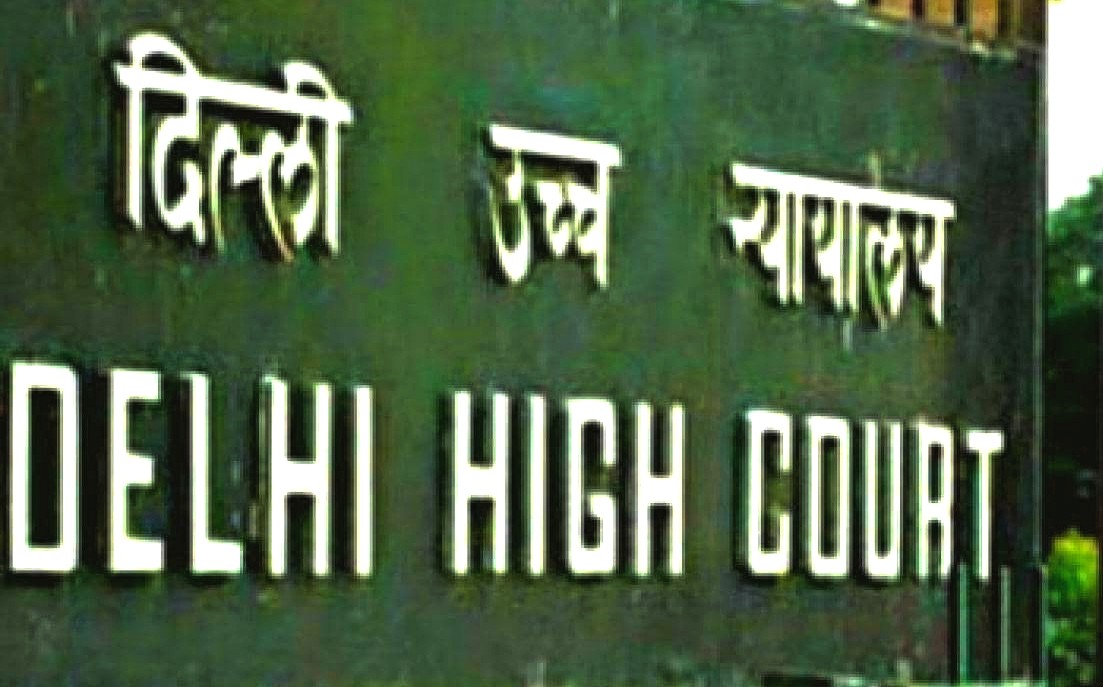Document which ought to be produced in Court by defendant under Order VIII Rule 1(3) CPC, but, is not so produced shall not, without leave of Court, be received in evidence on his behalf at hearing of suit: Delhi HC

Read Judgment: Jindal Stainless (hisar) Ltd. vs. Sourabh Jinal & Ors
Pankaj Bajpai
New Delhi,January 3, 2022: The Delhi High Court has opined that a document which ought to be produced in Court by the defendant under Order VIII Rule 1(3) of CPC, but, is not so produced shall not, without the leave of the Court, be received in evidence on his behalf at the hearing of the suit.
The Bench of Justice Suresh Kumar Kait observed that the present suit was at the stage of cross examination of prosecution witness and parties were yet to establish their case with respect to use of trade mark “Jindal” on the basis of issues framed by this Court.
Going by the background of the case, a suit has been filed by Jindal Stainless (Plaintiff) seeking permanent injunction, restraining infringement of trademark “JINDAL”, passing-off, dilution and tarnishment of the trademark; damages; rendition of accounts; delivery up; declaration of ‘well-known’ status etc. In pursuance of the same, Sourabh Jindal (Applicant/1st defendant) filed an application to bring on record certain additional documents contending that such documents sought to be placed on record are in public domain and are necessary for just determination of the case.
On the other hand, such application was vehemently opposed by counsel for plaintiff by urging that the plea of first defendant that the additional documents sought to be placed on record were in his possession cannot be accepted, as defendants might have initiated the process for registration of the trademark much before filing of the written statement, however, did not disclose this fact in the written statement so filed.
The counsel for plaintiff further submitted that the said defendant has not been able to show any reasonable cause for nondisclosure of the documents which are sought to be placed on record.
After considering the submissions, Justice Kait found that vide order dated May 15, 2019, this Court has passed an interim order directing that the defendants shall forthwith stop using the mark ‘JINDAL’ per se in their trading name as well as trade mark but shall be entitled to use ‘SOURABH JINDAL’ as their trade name and trade mark.
“The applications for registration of trademarks under Class 35 and 16 respectively were made on 07.06.2019, whereas written statement was filed thereafter on 25.06.2019. According to applicant/ defendant No.1, the registration of trademark “Sourabh Jindal” with the logo in Class 16 was granted on 31.01.2020 and Class 35 was granted on 18.02.2020. Though for the reasons best known to defendant No.1, the fact of having applied for registration of word mark “Sourabh Jindal” during pendency of this suit, was not mentioned in the written statement”, observed the Single Judge.
However, Justice Kait noted that by virtue of interim order dated May 15, 2019, this Court had permitted the defendants to use the said trade/word mark and no restraint order in respect thereof was passed and after receipt of traded mark registration certificate, first defendant has approached this Court to place the same on record.
So far as with bringing on record partnership agreement dated August 14, 2020, deed of assignment, receipt of payment of demand draft of Rs.10,000 etc. is concerned, the Single Judge found that first defendant has has created a Limited Liability Partnership company in the name of Sourabh Jindal LLP from August 14, 2020, which is run by Mr. Dheeraj Aggarwal and Mr. Praful B. Bhatt besides him and has thereby informed the persons responsible in case of fixation of liability.
Therefore, relying on the decision of the Apex Court in the case of Sugandhi (Dead) by Legal Representatives and Another Vs. P. Rajkumar, wherein it was observed that the court should take a lenient view when an application is made for production of the documents under Rule 1(3) CPC, the High Court allowed the application for admitting documents on record.
Sign up for our weekly newsletter to stay up to date on our product, events featured blog, special offer and all of the exciting things that take place here at Legitquest.




Add a Comment